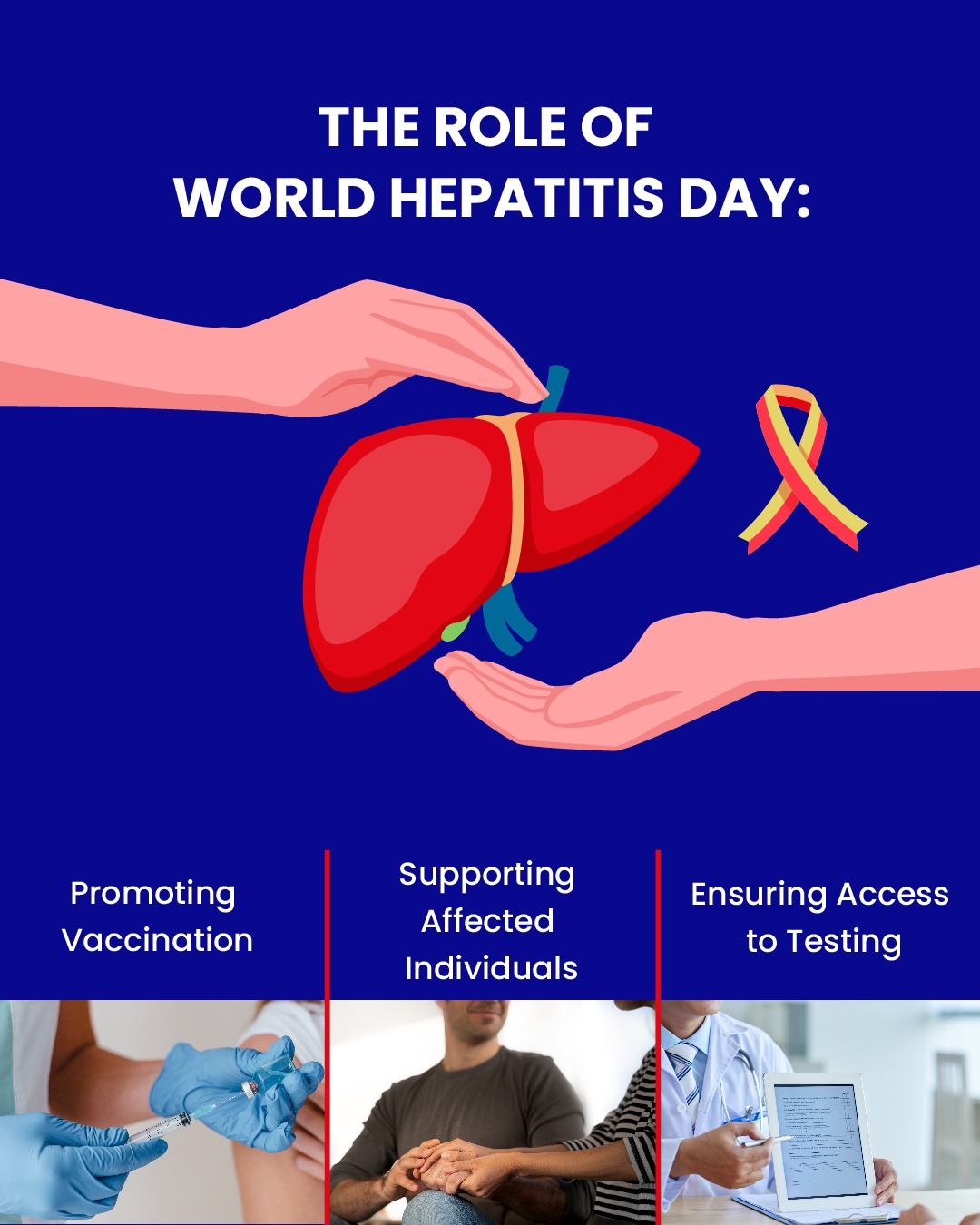As we approach the threshold of July 28, we are reminded of the pivotal obligation we collectively share to confront and tackle a pervasive global health concern — hepatitis. Indeed, World Hepatitis Day looms near, urging us to arm ourselves with the requisite knowledge and to delve profoundly into comprehending the intricacies of this disease. The day invites us to elevate awareness, endorse preventative measures, aid treatment initiatives, and decisively counteract this adversary.
The Gravity of Hepatitis: A Closer Examination
Hepatitis is akin to an iceberg, revealing only a fraction of its true menace on the surface, while the majority of its threat lurks beneath, unnoticed. This stealthy intruder often goes undetected, with countless individuals remaining oblivious to their affliction until the condition has significantly advanced. A primary instigator of liver disease and cancer, hepatitis impacts millions worldwide. Alarmingly, as reported by the World Health Organization (WHO), viral hepatitis resulted in 1.34 million fatalities in 2015 alone – a mortality rate exceeding that of HIV/AIDS or malaria.
World Hepatitis Day (July 28) serves as an earnest appeal to raise our collective consciousness about this global health peril and to rally against the disease. Through educating ourselves and others, we have the power to hinder its spread and guarantee that those affected receive the necessary treatment.
Hepatitis in a Nutshell
In layman’s terms, hepatitis is inflammation of the liver, often caused by a viral infection. It’s not one, but five main types we’re dealing with – Hepatitis A, B, C, D, and E. Each has its own way of transmission, and some are more severe than others. So, let’s cut to the chase and dive right into it:
- Hepatitis A: Often spread through contaminated food or water, it’s generally not as severe but can be a nasty piece of work if it gets chronic.
- Hepatitis B: This one’s a tough cookie, often transmitted through bodily fluids like blood and semen. It can lead to serious liver damage, and unfortunately, it’s chronic in about 5-10% of adults who get infected.
- Hepatitis C: Typically spread through direct contact with infected blood, this is the main culprit behind chronic hepatitis, liver cancer, and cirrhosis. Talk about a triple whammy!
- Hepatitis D: Only happens to folks already infected with Hepatitis B, making it a dubious ‘bonus’ infection.
- Hepatitis E: Similar to Hepatitis A, it’s transmitted through contaminated water or food. It can be particularly severe in pregnant women.
The Role of World Hepatitis Day (July 28): Raising Awareness and Fighting the Disease
When it comes to battling hepatitis, ignorance is certainly not bliss. On World Hepatitis Day (July 28), the goal is to raise awareness and promote understanding of the disease to help folks get a leg up in the fight. But, it doesn’t just stop at spreading the word.

- Promoting Vaccination: Vaccines are available for both Hepatitis A and B. By promoting these vaccines, we can protect folks from these types of the disease.
- Ensuring Access to Testing: Early detection is key when it comes to hepatitis. Ensuring people have access to testing services can help catch the disease early and increase chances of successful treatment.
- Supporting Affected Individuals: It’s not just about the physical impact; dealing with hepatitis can be a mental and emotional roller coaster. Providing support services can help affected individuals navigate their journey.
Common Inquiries and Responses for World Hepatitis Day (July 28)
1. Is there a cure for hepatitis?
Cure might be a strong word, but yes, certain types of hepatitis can be treated. Hepatitis B and C, for instance, have antiviral therapies available that can potentially lead to a full recovery.
2. How can I protect myself from hepatitis?
You can protect yourself by maintaining good hygiene practices, getting vaccinated (for Hepatitis A and B), avoiding risky behaviors such as sharing needles or having unprotected sex, and consuming safe and clean food and water.
3. Can hepatitis be transmitted through casual contact?
Nope, you can’t catch hepatitis from casual contact such as hugging, kissing, or sharing utensils or a drinking glass.
4. Why is World Hepatitis Day important?
World Hepatitis Day helps increase the visibility of this often overlooked disease, emphasizing the importance of prevention, testing, and treatment. It’s a global effort to reduce the burden of hepatitis and improve the lives of those affected.
Conclusion
In the grand scheme of things, World Hepatitis Day (July 28): Raising Awareness and Fighting the Disease, is about more than just a single day marked on the calendar. It’s a call to action, an invitation to join the fight against a hidden enemy that’s wreaking havoc worldwide. It’s about getting educated, spreading the word, and doing our part to help kick hepatitis to the curb. Because, at the end of the day, every little bit helps, and together, we can make a world of difference. So, let’s get to it, shall we? After all, there’s no time like the present!
